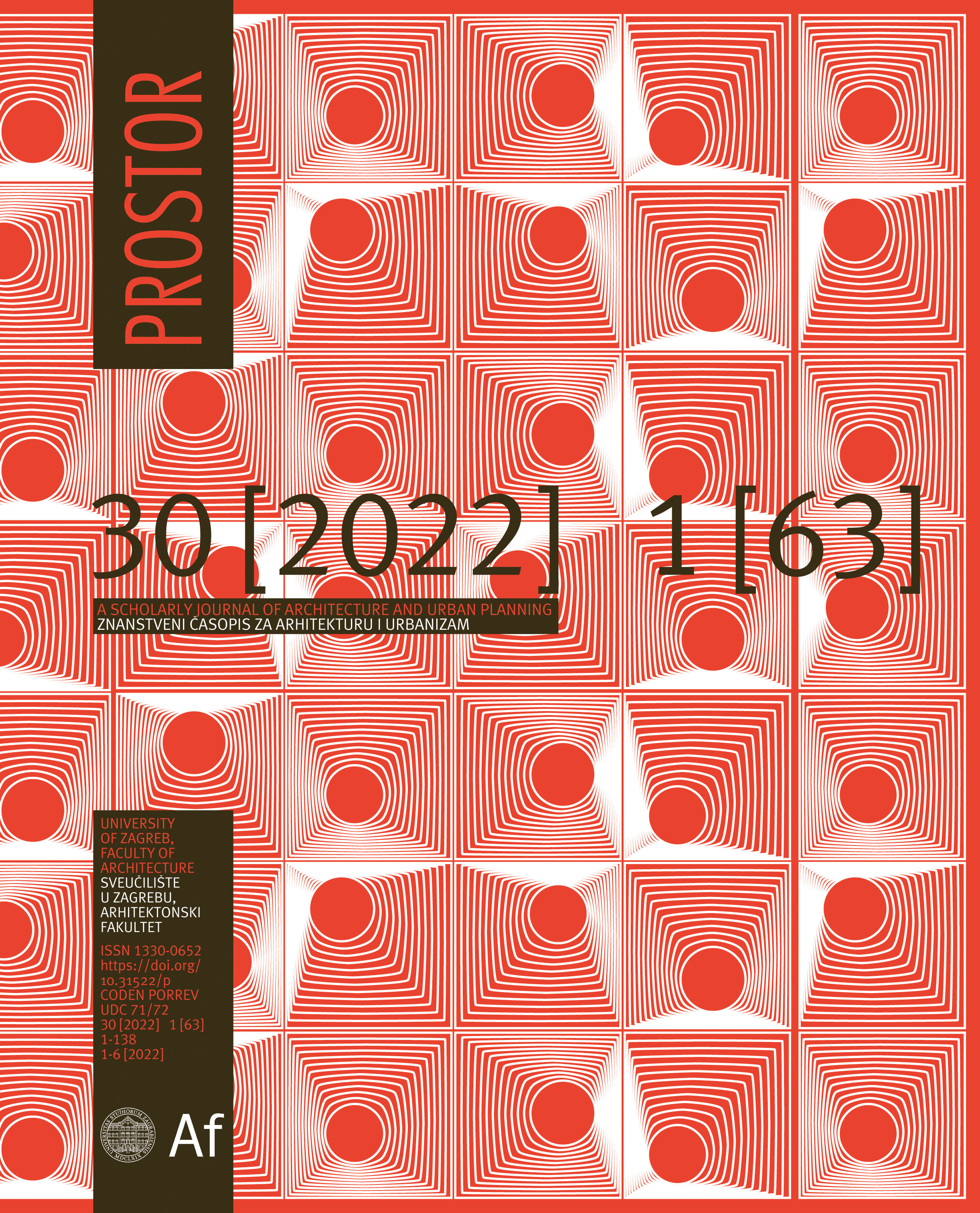Historic Preservation in Turkey and the United States: a Cross-Cultural Comparison
DOI:
https://doi.org/10.31522/p.30.1(63).7Keywords:
Cross-cultural comparison, historic preservation, non-governmental organizations, Turkey, the United StatesAbstract
The research examines and compares the various roles of governmental and non-governmental organizations (NGOs) in Turkey and the United States, aiming to assess how they shaped the preservation field and their potential knowledge transfer values. The study was conducted in governmental archives, official websites of related organizations and through oral communication and literature surveys related to preservation foundations, NGOs, and waqfs in both countries - with different national, historic, religious, and cultural characteristics. The parameters used as cross-cultural comparison included primary actors and main legislations in preservation both in history and at present. The research has revealed that the waqf system in Turkey has a deep-rooted historic, religious, and socio-cultural context, and differs from the preservation foundations in the USA in many respects. Yet, the foundations established in and after the 20th century in Turkey and the preservation activities of foundations in both countries also share similar motives, stimuli, and objectives to preserve both natural/cultural heritage and cross-cultural comparisons suggest that they may learn from each other by knowledge transfer.
Downloads
Published
How to Cite
Issue
Section
License
Copyright (c) 2022 Gülşen Dişli

This work is licensed under a Creative Commons Attribution 4.0 International License.
Copyright (c) 2021 authors and journal.
This work is licensed under a Creative Commons Attribution 4.0 International License.
Authors who publish with this journal agree to the following terms:
In agreeing this form, you certify that:
- You read the ethical codex of the PROSTOR available at journal web.
- You submitted work is your original work, and has not previously been published and does not include any form of plagiarism.
- You own copyright in the submitted work, and are therefore permitted to assign the licence to publish to PROSTOR.
- Your submitted work contains no violation of any existing copyright or other third party right or any material of an obscene, libellous or otherwise unlawful nature.
- You have obtained permission for and acknowledged the source of any illustrations, diagrams or other material included in the work of which you are not the copyright owner.
- You have taken due care to ensure the accuracy of the work, and that, to the best of your knowledge, there are no false statements made within it.
- All co-authors of this submitted work are aware of, and in agreement with, the terms of this licence and that the submitted manuscript has been approved by these authors.







